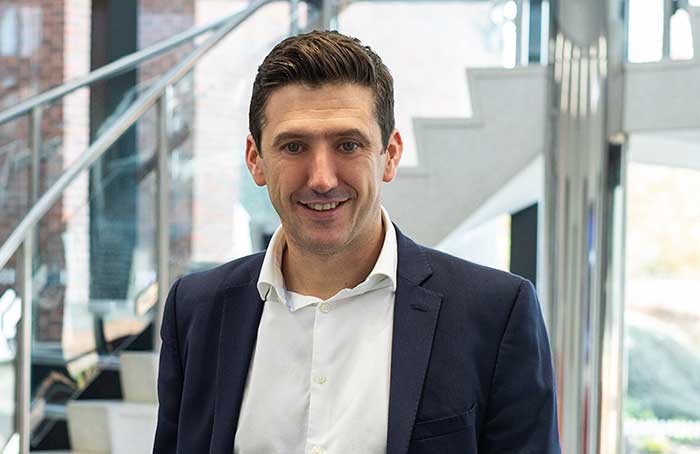
With the current challenges for employers around the recruitment and retention of staff, and research showing that wage increases alone are not enough to combat these challenges, it is widely accepted that employers can instead focus on benefits packages that provide real-world benefits. Packages that employees genuinely value are what the most likely to help address this recruitment and retention challenge.
The OnePoll Tusker driver research published in December 2021 found that the provision of an eco-friendly car benefit scheme where employees can access a brand new, green, budget-friendly vehicle is highly regarded by employees who have access to one. Alongside cycling and commuting loans, a car benefits scheme was recently rated as the most valuable benefit that can be offered to employees according to Mastercard customers, in a survey published in April 2021.
Enabling employees to save money while minimising risk to employers, salary sacrifice arrangements have proven the most popular way of providing a car benefits scheme, with over 300 organisations launching a scheme in just eight months in 2022 with Tusker.
Salary sacrifice arrangements provide a brand-new car to employees inclusive of insurance and servicing. Typically, electric cars offer the best value for money for employees, as they provide the most tax and national insurance savings thanks to the advantageous benefit-in-kind (BIK) taxation rates.
For employers, the benefits are wide ranging. Implementing a car scheme means that more employees are able to drive safe and economical new vehicles in place of older, less reliable and more polluting models, enhancing duty of care levels around work-related travel. A car scheme can also remove many of the usual headaches around fleet management of grey fleet cars, because all cars are fully insured, taxed, have MOTs where necessary, and are fully serviced at all times.
With traditional company car schemes, it can be difficult to restrict emissions across a policy, especially if employees take a car-for-car option. It is possible to restrict a policy to hybrid and electric cars only, although, thanks to the tax advantages offered by the low BIK rates on hybrid and electric cars, most drivers opt for such models anyhow.
Not only does this dramatically reduce the carbon footprint of the company car fleet, but it also brings financial advantages for employees on the scheme.
As a result, company car schemes bolster long-term sustainability and environmental, social and governance (ESG) objectives for both small- and medium-sized enterprises (SMEs) and larger corporations.
Paul Gilshan is chief executive officer (CEO) of Tusker